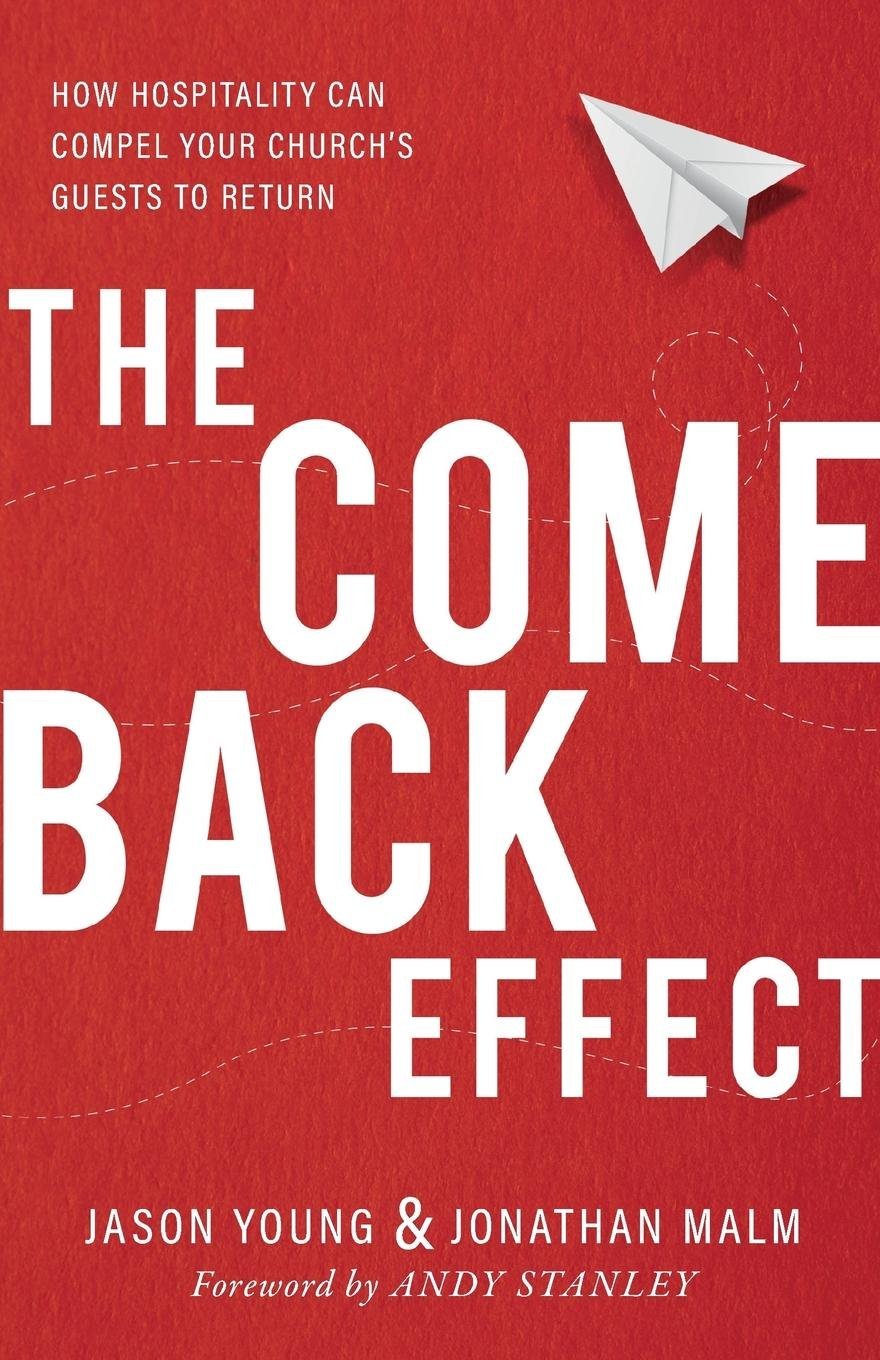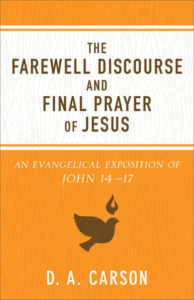Do not be slothful in zeal, be fervent in spirit, serve the Lord. Rejoice in hope, be patient in tribulation, be constant in prayer. Contribute to the needs of the saints and seek to show hospitality. (Romans 12:11–13 ESV)
We do all of this: showing love, doing deeds of love, feeling the affection of love with endurance and zeal, being fervent in spirit. Now, this zeal doesn’t mean we are just really excitable. Don’t think of three shots of espresso. This isn’t “I’m really enthusiastic”, it means an ongoing endurance. You’re persevering. You’re not getting lazy in this work. It’s easy to begin anything with enthusiasm including the spiritual life. It is only over the course of years that zeal shows itself. It’s faithfulness over the long term that we display endurance and perseverance. Bible study groups tend to have fewer at the end than in the beginning. Service projects tend to wind up with far fewer volunteers and less enthusiasm than at the beginning. It’s so easy for us to get tired and let go, and so we are encouraged to be zealous in our spiritual service.
We’re told elsewhere in Galatians 6:9, “And let us not grow weary of doing good, for in due season we will reap if we do not give up”.
Finally, our love for others is something concrete. Paul writes, “share in the needs of the saints” (Romans 12:13), or “contribute to the needs of the saints”. That is this, love is not just saying “I’ll pray for you”, but it’s also helping one another out. It is helping in concrete ways. This is probably speaking specifically of giving financially to brothers and sisters who have needs, but, as we see any needs we ought to seek to meet them as the way we show love to one another.
We had our Presbytery meeting a few weeks ago at a Downtown Church that meets in Clayborn Temple in Memphis. It was intentionally planted as an inter-racial, inter-social class church. As the church planter, Rev. Richard Rieves, shared their story, one of the things he pointed out that I had not noticed before, was the way scripture talked about sharing and generosity. Throughout the scripture when the churches are being encouraged to give, it is usually talking about giving to the needs of one another. In other words, it’s not about giving from us to those “out there” but giving to the needs within the church. His point was not that churches shouldn’t give to those outside, he was explaining that the church assumed that there will be those with needs within its body. The Biblical assumption is that a congregation is going to be diverse. It was going to have people who had needs and people who could more than meet those needs. So rather than a church being here that’s going to go do good things for other people, it was a shared life together with those who naturally were in Christ. Within the same body, we recognize each other’s needs and share in them.
This love; this care for one another also points us outwards. So, not only are we contributing to the needs of fellow believers, or saints but, we are to show hospitality. It’s possible he’s talking about hospitality to saints, but I think he’s really talking now about those outside the church. The word for hospitality is literally the love of the stranger or the outsider. Paul is transitioning to discussing those outside the church and how we live and serve them. What he says is to “seek to show hospitality” Not simply to be hospitable if a stranger happens to come to you, but pursue it; actively seek opportunities to share your life and to welcome others in. We are to find times to build relationships and show love to others. Even as the gospel is shared, our own lives are shared with others. One of the early church leaders, Origen, commented on the need to pursue hospitality. He said, “We are not just to receive the stranger when he comes to us, but actually to inquire after, and look carefully for strangers, to pursue them and search them out everywhere, lest perchance somewhere they may sit in the streets or lie without a roof over their heads.”
We tend to think about the big things we can do to serve. But here is one thing each one of us can do is – show hospitality to the stranger. We take the love and grace we have received and pour it out to others. You could simply share a meal with someone you don’t know as well. It doesn’t have to be huge things, just a meal where you build a relationship and build opportunities to show God’s love can have profound consequences. This is especially the case in a world that is increasingly divisive and increasingly isolated from others. We keep in mind, that it’s “in light of God’s mercy”, it is faith working. We rejoice in hope. We are patient in tribulation. We are constant in prayer. In other words, we live out this love with one another, not because of our goodness but because we’re hoping for the kingdom Christ is building and in patient, prayerful reliance upon Him.
 The Come Back Effect by Jason Young and Jonathan Malm is a guide to hospitality primarily for churches, but certainly relevant for businesses as well. In 10 chapters the authors review ways organizations can show a level of service and welcome that goes beyond expectations. “Empathy” would summarize the core of what makes a positive impression. Thinking through things from the perspective of a visitor rather than merely considering the tasks that need to be covered is the basis for most of their points. Although there was some questionable scriptural interpretation (c.f. p. 62 regarding divisions in the church at Corinth), I found the basic concepts solid. The authors are definitely writing from a mega-Church context so pastors of smaller congregations will need to adapt some of the examples, but this is a book I’ll be passing on to several of our leaders and plan on using it in training our greeting team.
The Come Back Effect by Jason Young and Jonathan Malm is a guide to hospitality primarily for churches, but certainly relevant for businesses as well. In 10 chapters the authors review ways organizations can show a level of service and welcome that goes beyond expectations. “Empathy” would summarize the core of what makes a positive impression. Thinking through things from the perspective of a visitor rather than merely considering the tasks that need to be covered is the basis for most of their points. Although there was some questionable scriptural interpretation (c.f. p. 62 regarding divisions in the church at Corinth), I found the basic concepts solid. The authors are definitely writing from a mega-Church context so pastors of smaller congregations will need to adapt some of the examples, but this is a book I’ll be passing on to several of our leaders and plan on using it in training our greeting team.
